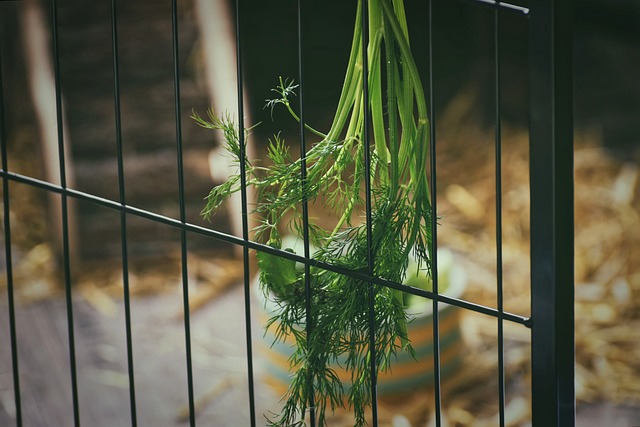Kratom, derived from Mitragyna speciosa, offers natural pain and mood regulation but its impact on inflammation and gut microbiota is complex. While it may alleviate symptoms of chronic inflammatory conditions like arthritis and inflammatory bowel disease, further research is needed to fully understand its interaction with the body's inflammatory systems. Kratom doesn't directly cause yeast infections, but changes in gut flora might lead to increased yeast overgrowth; conversely, its anti-inflammatory properties could mitigate existing yeast infection symptoms. Thus, while kratom shows promise as an alternative treatment, its role in contributing to or alleviating yeast-related issues requires more study, especially regarding the balance of gut bacteria.
“Unraveling the Power of Kratom in Reducing Inflammation explores the potential benefits of this herbal extract as a natural anti-inflammatory agent. While widely known for its analgesic properties, kratom’s effect on systemic inflammation warrants closer examination. This article delves into the science behind inflammation, its impact on overall health, and how kratom may offer a holistic approach to management. We also discuss the intriguing connection between kratom use and yeast infections, providing insights for informed decision-making regarding its therapeutic applications.”
- Understanding Inflammation and Its Impact
- Exploring Kratom as a Potential Anti-Inflammatory Agent
- The Relationship Between Kratom and Yeast Infections
Understanding Inflammation and Its Impact

Inflammation is a complex biological response that plays a dual role in our bodies. It’s a natural process that helps protect us from injuries and infections, acting as a defense mechanism against foreign invaders like bacteria or viruses. However, chronic inflammation can be detrimental to overall health. When inflammation becomes prolonged or excessive, it contributes to various conditions such as arthritis, inflammatory bowel disease, and even cardiovascular issues.
Understanding how inflammation impacts our bodies is crucial, especially when considering natural remedies. For instance, while kratom has gained attention for its potential pain-relieving and mood-regulating effects, it’s essential to note that some users have reported digestive issues, including concerns about whether kratom can cause yeast infections. This highlights the need for further research and a nuanced understanding of how substances like kratom interact with our body’s intricate inflammatory processes.
Exploring Kratom as a Potential Anti-Inflammatory Agent

Kratom, a natural herb derived from the plant Mitragyna speciosa, has long been used for its diverse medicinal properties, including potential anti-inflammatory effects. The active compounds within kratom, such as mitragynine and 7-hydroxymitragynine, have shown promising results in reducing inflammation in various studies. These compounds interact with opioid receptors in the body, modulating pain perception and potentially suppressing inflammatory responses.
While some research highlights its anti-inflammatory potential, it’s crucial to address misconceptions. Unlike popular belief, kratom is not inherently linked to causing yeast infections. In fact, its anti-inflammatory properties could even provide relief for individuals experiencing chronic inflammation-related issues. However, as with any supplement, individual responses may vary, and further research is needed to fully understand its effects, especially in comparison to traditional anti-inflammatory medications.
The Relationship Between Kratom and Yeast Infections

Kratom, a natural herb derived from the Mitragyna speciosa plant, is commonly known for its analgesic and stimulant properties. While it has gained popularity for managing pain and anxiety, there’s a lesser-discussed aspect to its effects: its potential impact on yeast infections. It’s important to explore whether kratom can, in fact, contribute to or alleviate yeast-related issues.
Contrary to some concerns, kratom itself does not directly cause yeast infections. However, the complex interplay between kratom and our bodies’ microbiota could indirectly affect the balance of beneficial and harmful bacteria, including yeast. Some users report experiencing changes in their gut flora after regular kratom consumption, which might inadvertently create a more conducive environment for yeast overgrowth. On the other hand, kratom’s anti-inflammatory properties could also help reduce symptoms associated with existing yeast infections, offering some relief to those seeking alternative treatments.
Kratom has shown promise as a natural anti-inflammatory agent, offering a potential alternative for managing chronic inflammation. However, it’s crucial to note that while some users report its effectiveness, more research is needed to fully understand its mechanisms and side effects. In particular, individuals with compromised immune systems or those concerned about yeast infections should exercise caution, as kratom’s interaction with fungal imbalances cannot be overlooked. Remember that, in terms of managing inflammation, exploring holistic approaches alongside professional medical advice can lead to the best outcomes.














